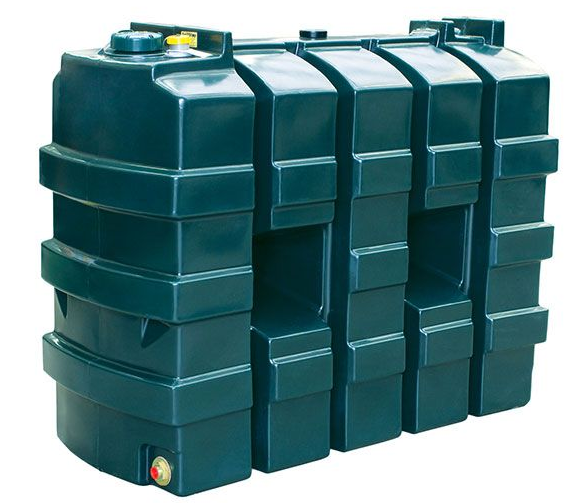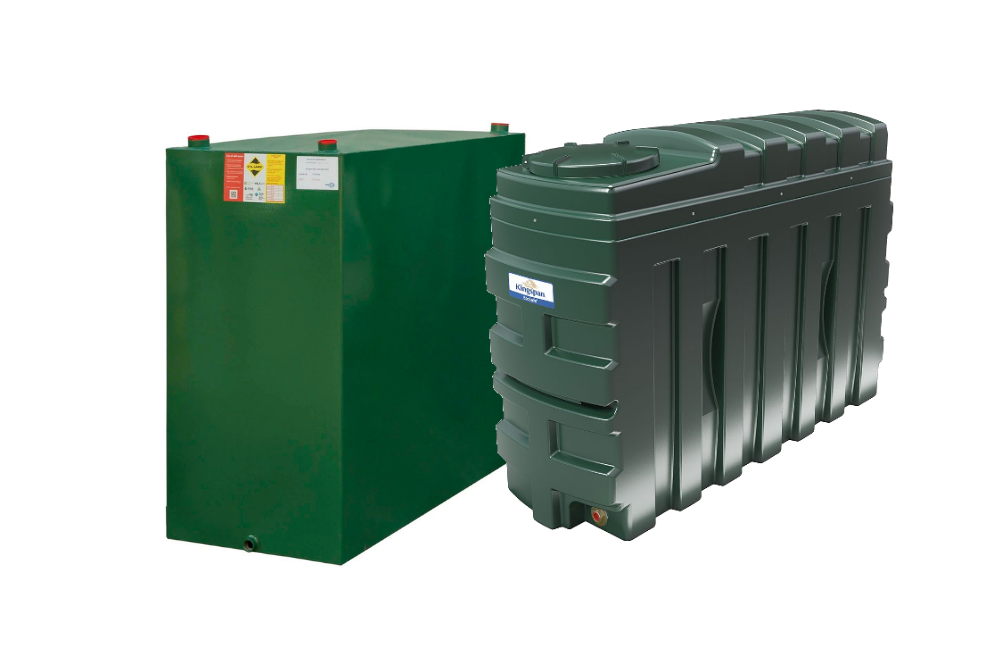If you’re looking to install an oil tank on your property then you will need to decide between a plastic or steel oil tank.
To make life easier, we’ve listed a few of the main pros and cons for each material below.
Steel Tanks
Advantages:
Steel tanks are a more secure option, with plastic being easier to drill and siphon off oil
Steel tanks are available with a greater capacity than plastic tanks.
Resistant to internal and external corrosion
Priced competitively
Highly durable and long-lasting - UV resistant and can withstand extreme weather.
There is also a lot of scope for flexibility within the design of steel fuel tanks. Custom tanks can easily be made in a variety of complex designs
Disadvantages:
Steel is much heavier so less easy to manoeuvre
Cheaper quality steel tanks can corrode over long periods of time
Steel tanks can be vulnerable at welded seams
Steel tanks have a much more labour-intensive manufacturing process and are a more expensive material. As a rough rule of thumb, a steel tank from a reputable manufacturer will be about double the cost of a plastic tank in the same capacity.
Plastic fuel tanks for the storage of fuel
Advantages:
As it is made of plastic, it does not rust
Easier to install and manoeuvre
Because plastic is an insulator, the transfer of heat to the fuel is delayed
Disadvantages:
They can become weak from exposure to direct sunlight
Can be less secure as they are easier to drill and siphon off
Plastic fuel tanks for the storage of fuel
Less secure - easier to drill through
Conclusion
There are positives and negatives to each type of tank so your decision should come down to what will suit your individual property and needs.
If you are still unsure on which type of tank is right for you, contact our team on 01563 525215 and someone will assist you.












